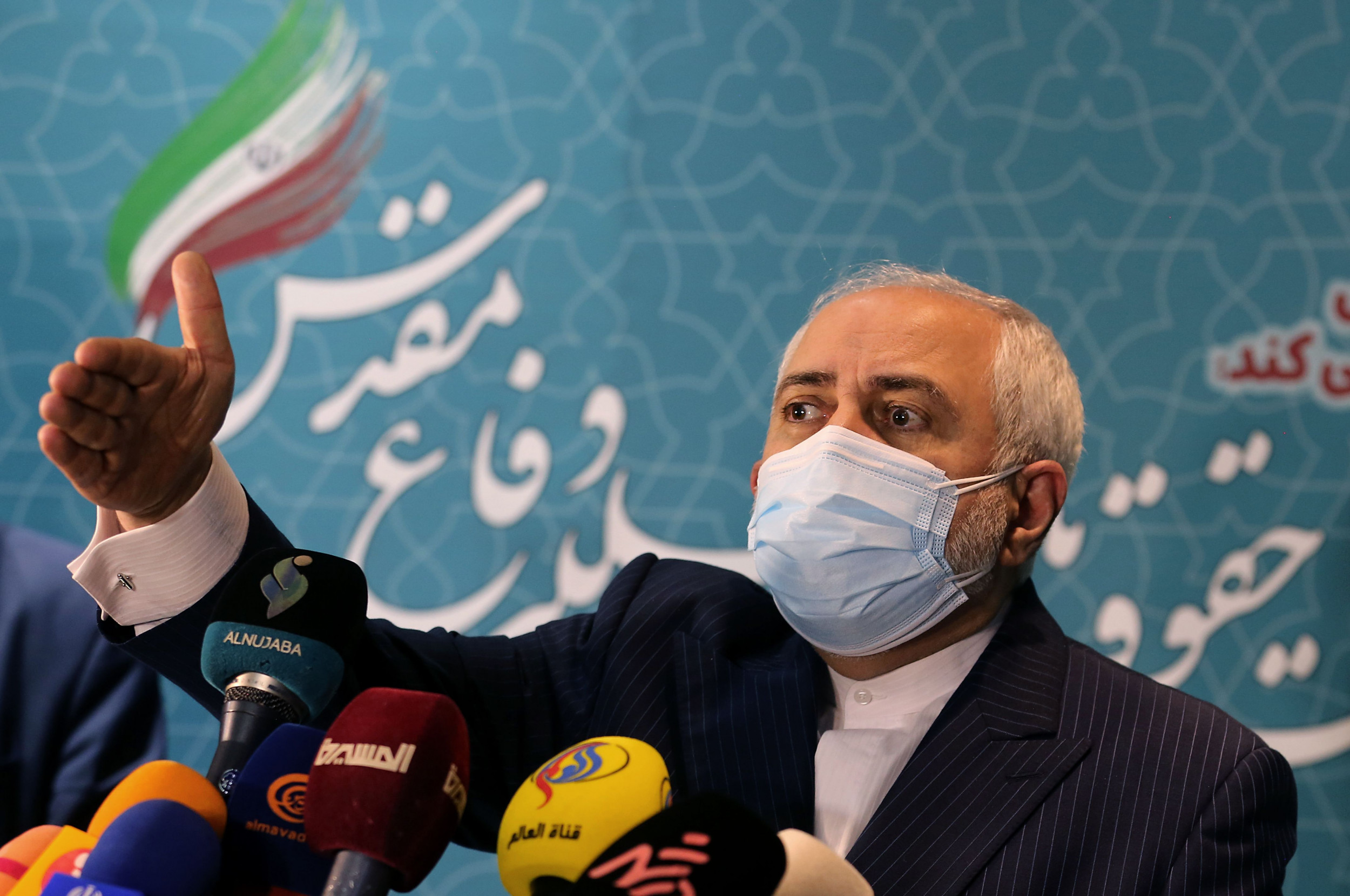Iran has warned against retaliation if European signatories to the Joint Comprehensive Plan of Action continue their plan to condemn Tehran during an upcoming summit of the International Atomic Energy Agency, while Iranian leaders want to persuade President Joe Biden to lift US sanctions against the country hef.
The IAEA is set to hold a quarterly meeting in Vienna this week, where European JCPOA signatories – collectively known as the E3 – plan to issue a resolution criticizing Iran’s refusal to reduce its nuclear program. According to Reuters, the draft resolution expresses “serious concern” about Iran’s activities.
Iran has pulled away from JCPOA restrictions since former President Donald Trump withdrew the US from the agreement in 2018 and began imposing new sanctions on the country.
Despite international pressure and a change in the US government, Iran continued to expand its nuclear program in response to foreign assassinations and sanctions.
Iran demands that President Joe Biden lift the Trump-era sanctions before complying with the JCPOA again. But the Biden government wants Iran to scale back its nuclear program before easing the sanction, but said it was open to multilateral talks to choose a diplomatic path out of the dead-end.
The other signatories – Germany, France, the United Kingdom, China and Russia – have all expressed their support for the revival of the agreement. The E3 opposed Trump’s ‘maximum pressure’ campaign, but now coordinates with Biden’s team.
Iran accused the E3 of failing to stand up to Trump and of failing to do enough to protect the JCPOA, which has still allowed Iran to endure severe economic sanctions, even as the country struggles with the coronavirus pandemic .
An IAEA censorship would further anger Tehran, and – Foreign Minister Javad Zarif warned – could cause retaliation.
Zarif met with members of the parliamentary committee on national security and foreign policy this week to discuss the latest IAEA threat, the body’s spokesman Abolfazl Amouyee told the Fars News Agency on Monday.
“The foreign minister during the meeting presented a report on the latest developments at the IAEA board,” Amouyee said, “and said that if Iran issues a devastating resolution against the IAEA board of governors, Iran will seriously show response. “
Zarif told reporters on Monday: “Europeans have taken a wrong step in support of the US,” referring to the planned rejection at the forthcoming IAEA meeting.
Iran rejected a US proposal for new talks and refused any meeting until US sanctions were lifted. This icy response, combined with attacks between US forces and Iraqi military militants, has expressed concern that the road to JCPOA revival is narrowing.
But the Biden government has remained committed to diplomacy, even as US conservatives and foreign allies, including Israel, work to undermine the agreement and sharpen Iran’s US stance.
State Department spokesman Ned Price said Monday the U.S. is not dogmatic about the format of future JCPOA talks with Iran, as long as any talks are held with foreign partners. “What we’m dogmatic about is that the best way to discuss the way forward is through dialogue,” Price said.
But the Iranian government, led by moderate President Hassan Rouhani, whose term ends this summer, is holding him back. Government spokesman Ali Rabiyee told reporters on Monday: “We will not give in to the endless game aimed at buying time for the US government and delaying the lifting of sanctions,” according to the ISNA. ISNA news agency.
Rouhani is likely to be replaced by a Conservative candidate when his term ends, possibly one of the powerful Islamic Revolutionary Guards. Rouhani, who signed the JCPOA with President Barack Obama in 2015, has a quick opportunity to revive the landmark agreement.
Rouhani’s government is facing its own internal pressure on the JCPOA. Conservatives – who now dominate parliament after last year’s election – view the agreement with skepticism, and for many people, Trump’s withdrawal from the agreement and the ensuing ‘maximum pressure’ campaign are proof that the US cannot be trusted to to comply with any agreement.

ATTA KENARE / AFP via Getty Images / Getty
